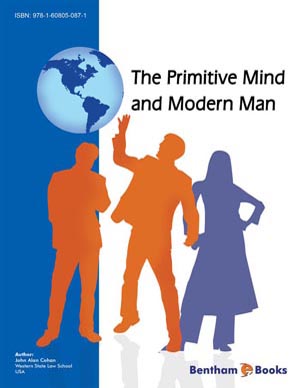Abstract
Cargo cults are a phenomenon that has been noted in many cultures and is associated with charismatic leaders who seek to lead people into a millennialist-type movement. Cargo cults seemed to have started in the 1930s, when the people of Papua New Guinea and other parts of Oceania reacted with wonderment and fear to European colonists, their airplanes their weapons and their seeming wealth. People who join the cargo cult have the expectation that cargo will magically be delivered to each of the participants via plane or boat. In their shared disdain of Europeans, people enjoyed a new unity as a result of cult membership. People enjoyed an increase in self-respect, a strengthening of community cohesion, a sense of purpose or mission. The cargo never materializes, the charismatic leader is discredited, and inevitably the cult dissolves and people get back to their former way of life. In modern cultures a counterpart to cargo cults occurs when people rally behind charismatic leaders who emerge at a time of crisis when there is a mood for a new beginning, and who make an emotional appeal into the people’s yearnings. These leaders may become dictators, and after promises fail to get fulfilled, popular support dissipates, and the charismatic leaders get ousted.













